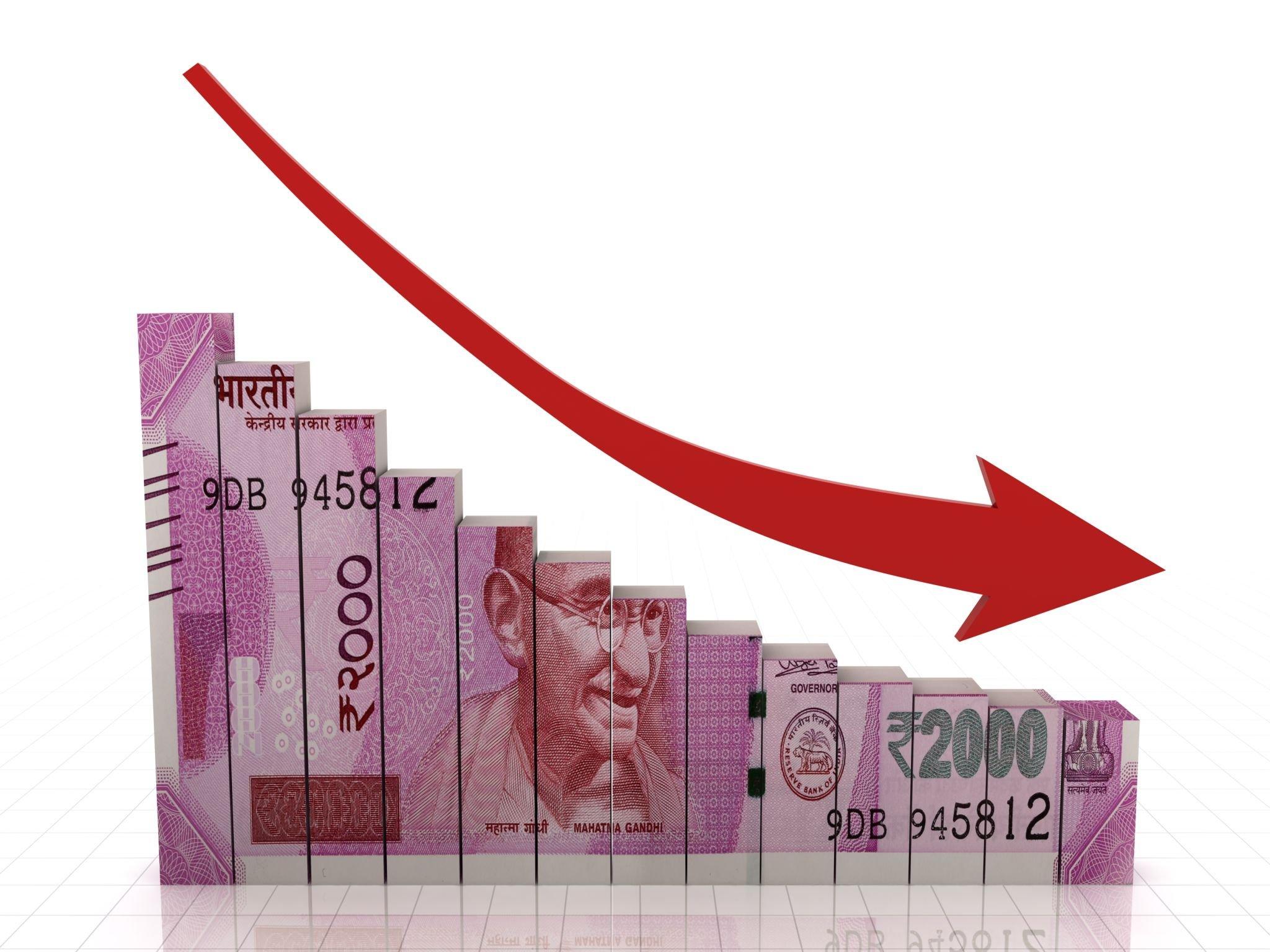
Getting your dream home is a big milestone, and for many Indians, taking a home loan is the most practical way to achieve it. But before banks and housing finance companies lend you money, they check one very important number — your CIBIL score.
In this 2025 update, we’ll explain the CIBIL score required for a home loan in India, why it matters, how it affects your loan eligibility, and what you can do to improve it.
What Is a CIBIL Score?
The CIBIL score is a 3-digit number ranging from 300 to 900 that represents your creditworthiness. It’s issued by TransUnion CIBIL, one of India’s leading credit bureaus. The higher your score, the better your chances of getting approved for a home loan — and at a lower interest rate.
Ideal CIBIL Score for a Home Loan in 2025
In 2025, most banks and NBFCs (Non-Banking Financial Companies) in India prefer a CIBIL score of 750 or above for home loan approvals. Here’s a breakdown:
| CIBIL Score | Loan Approval Chances | Interest Rate Impact |
| 750 – 900 | Excellent | Lower interest rates |
| 700 – 749 | Good | Standard rates |
| 650 – 699 | Fair | Higher interest rates |
| 600 – 649 | Low | Very high interest, less likely approval |
| Below 600 | Poor | Very unlikely to get approved |
Quick Tip: Even if your score is slightly below 750, you can still get a home loan, but expect stricter terms or higher rates.
Why Is CIBIL Score Important for Home Loan?
Your CIBIL score reflects your repayment history, credit behavior, and financial discipline. Lenders use it to assess:
- Your ability to repay the home loan
- Your past loan and credit card repayments
- Your credit utilization habits
- Your number of active loans or credit accounts
A good CIBIL score helps you:
- Get faster approval
- Enjoy better home loan interest rates
- Access higher loan amounts
- Choose longer repayment tenures
Other Factors Considered Alongside CIBIL Score
While your CIBIL score is crucial, lenders also consider other factors before approving a home loan, such as:
- Income level: Stable income means higher repayment capacity
- Employment status: Salaried or self-employed individuals with steady jobs are preferred
- Age: Younger applicants often get longer tenure options
- Existing debt: Too many EMIs reduce your eligibility
- Property value: Lenders usually offer up to 75–90% of the property value as a home loan
Minimum CIBIL Score Required by Top Lenders in India (2025)
Here’s an updated list of minimum CIBIL scores required by popular Indian lenders in 2025:
| Lender | Minimum CIBIL Score |
| State Bank of India (SBI) | 725+ |
| HDFC Ltd | 700+ |
| ICICI Bank | 750+ |
| Axis Bank | 750+ |
| LIC Housing Finance | 700+ |
| PNB Housing | 700+ |
| Bajaj Housing Finance | 720+ |
| Kotak Mahindra Bank | 750+ |
Note: Requirements may vary based on your profile and the property you want to buy.
What If Your CIBIL Score Is Low?
If your CIBIL score is below 650, getting a home loan can be challenging, but it’s not impossible. Here are some strategies:
1. Apply with a Co-applicant
Having a spouse or family member with a good credit score as a co-applicant increases your chances.
2. Choose NBFCs or Housing Finance Companies
These institutions are often more flexible than traditional banks.
3. Offer a Higher Down Payment
This reduces the lender’s risk and improves approval chances.
4. Improve Your Score Before Applying
Pay off existing debts, avoid late payments, and reduce credit card usage.
How to Check Your CIBIL Score for Free in 2025
You can check your CIBIL score online in minutes through:
- CIBIL’s official website
- Third-party platforms like BankBazaar, Paisabazaar, or MyLoanCare
- Bank apps and credit card portals (many now offer free score checks)
Pro Tip: Check your credit report once every 6 months to spot errors or fraudulent activity.
How to Improve Your CIBIL Score for a Home Loan
Here are some practical tips to increase your score:
- Pay EMIs and credit card bills on time
- Keep credit card usage under 30% of the limit
- Avoid multiple loan applications in a short time
- Limit unsecured loans (personal loans, credit cards)
- Maintain a mix of secured and unsecured credit
It can take 3–6 months to see a noticeable improvement, so plan ahead before applying for a home loan.
FAQs About CIBIL Score for Home Loan
Q1. Can I get a home loan with a CIBIL score of 650?
Yes, but only from select NBFCs or housing finance companies. You may have to accept higher interest rates or offer additional security.
Q2. Does checking my CIBIL score affect it?
No, checking your own CIBIL score is a soft inquiry and doesn’t affect your score.
Q3. Can I negotiate my home loan interest rate with a high CIBIL score?
Absolutely. A score above 750 gives you strong ground to negotiate better interest rates and terms.
Q4. How long does it take to improve a low credit score?
It depends on the issue. On average, it takes 3–6 months of disciplined credit behavior to see meaningful improvements.
Q5. Will settling an old loan improve my score?
It helps, but full repayment is always better than settlement. Settlements are marked as “settled” instead of “closed,” which may negatively affect your score.
Final Thoughts
Your CIBIL score plays a huge role in getting a home loan in India. While a score of 750+ gives you the best chances, you can still explore options with lower scores using the right approach. In 2025, lenders continue to rely heavily on credit profiles, so it’s wise to check your CIBIL score, maintain good credit hygiene, and be proactive about improving it if needed.
Whether you’re a first-time homebuyer or looking to upgrade, being credit-ready can help you unlock your dream home at the best possible rates.






